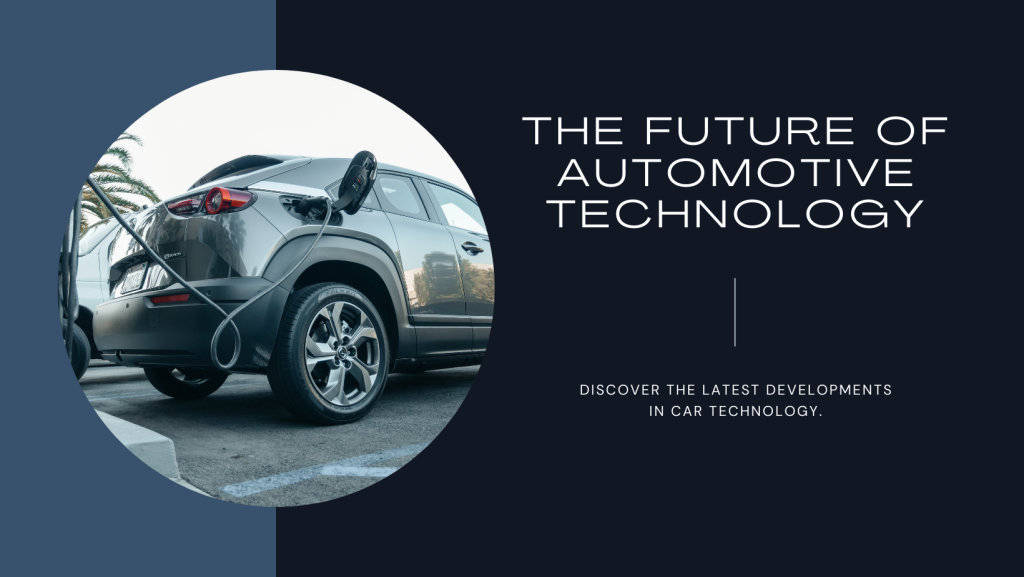In the realm of automotive innovation, the future promises a landscape shaped by groundbreaking technologies that redefine the way we perceive and interact with cars. With a relentless pursuit of efficiency, safety, and sustainability, emerging technologies are revolutionizing the automotive industry.
One of the most prominent advancements in recent years is the rise of electric vehicles (EVs). With the looming threat of climate change, automakers are increasingly investing in electric propulsion systems to reduce carbon emissions and dependence on fossil fuels. Companies like Tesla, Rivian, and Lucid Motors are leading the charge, pushing the boundaries of EV technology with longer ranges, faster charging times, and enhanced performance.
Moreover, the advent of autonomous driving technology is reshaping the concept of transportation. Self-driving cars equipped with advanced sensors, artificial intelligence, and machine learning algorithms have the potential to enhance road safety, improve traffic flow, and provide greater mobility to individuals with disabilities or limited mobility.
Additionally, connectivity and smart features are becoming integral components of modern vehicles. From voice-activated assistants to augmented reality displays, cars are evolving into interconnected hubs that seamlessly integrate with our digital lifestyles.
Furthermore, alternative fuel sources such as hydrogen fuel cells and biofuels are gaining traction as viable alternatives to traditional gasoline and diesel engines, offering cleaner and more sustainable solutions for powering vehicles.
In conclusion, the future of automotive is brimming with possibilities fueled by emerging technologies. As innovation continues to accelerate, we can expect cars to become safer, more efficient, and environmentally friendly, ultimately transforming the way we move and interact with the world around us.

